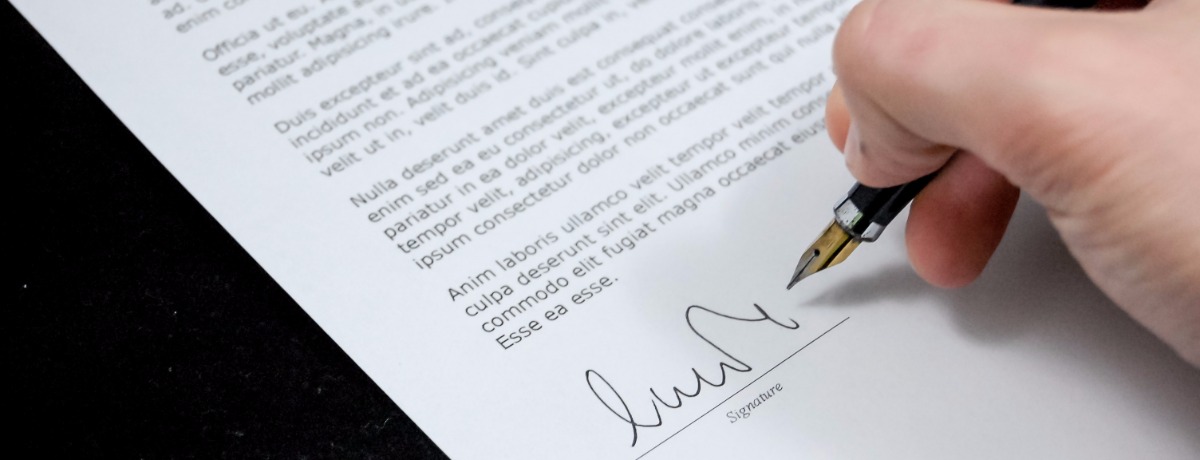There is no doubt that Law 22/2003, Regarding Insolvency, has been a hallmark piece of legislation over the last few years in terms of legal doctrine, precedence and legislation, both with regards to its practical application and due to its various modifications, which have slowly adapted it to Spanish economic realities. It was drafted in the hope of systematising and modernising the outmoded insolvency laws existing at the time, but the economic context in which it was conceived more than a decade ago has changed drastically due to the serious and ongoing crisis of recent years.
At its inception, the Insolvency Law only provided two paths to insolvency proceedings: either the debtor reached an agreement with its creditors, or it faced liquidation and dissolution. Although it is evident that the intent of the framers of the Insolvency Law was always to favour the conclusion of the insolvency by the debtor coming to an agreement with its creditors, the hard realities have resulted in the opposite of what was intended – liquidation of most insolvencies.
All this has resulted in legislators having to amend the Insolvency Law several times; alternatives to liquidation have been introduced into the Law in its latest recensions that are being implemented to a greater or lesser degree in insolvency practice, such as sale of a productive unit, or the much less acknowledged practice of the Reagreement.
Indeed, the Third Temporary Provision of Royal Decree 11/2014 of 5 September Regarding Urgent Measures with Regard to Insolvency introduced for the first time the possibility of modifying an approved agreement under insolvency proceedings in order to enable its completion and thereby guarantee the continuity and operation of the debtor – referred to in insolvency terms as a Reagreement.
To be sure, the concept isn’t a permanent fixture, seeing as it was introduced as an exception to the norm and with a clear expiry date: 26 May 2017. By its nature, Reagreement is an exception and is based on breach of contract by the debtor. The same Third Temporary Provision provides that insolvency agreements must fully comply with the general rule of pacta sunt servanda, and consequently cannot modify or alter what has been agreed between the debtor and its creditors under the approved agreement.
Furthermore, modification of an agreement must meet the time limit requirements in order to take place: the insolvency must occur within two years following the entry in force of Law 9/2015 of 25 May.
Turning to the proceedings, based on previous practice, all that the Judge of Commercial Court that must approve the Reagreement has to do is handle the creditor insolvency file and approve the agreement. As for who can present the proposal for modification of the agreement, the Third Temporary Provision establishes that it can be submitted by the debtor itself, but also by creditors representing at least 30% of the total liabilities existing at the time of insolvency. It would be necessary at that point for the Insolvency Administrator to prepare an updated list of creditors from the definitive documents of the report presented in order to determine what the liability at that point would be. At this point we need to stop and mention that the Legislators expressly exclude the application of the terms of the Third Temporary Provision to public creditors, which are also excluded from the calculation of the required majorities, which makes it necessary to establish what the current liability status is without including them.
The request for Reagreement must always be accompanied by the modification proposal itself and a feasibility plan supporting it that clearly states that it guarantees the viability of the company and accounts fully for the resources that are needed for its fulfilment.
Once the Judge verifies that the requirements are satisfied, the request for modification of the agreement will be accepted for review and a date will be set for obtaining acceptance. The Judge will be limited to verifying whether the required majorities are in fact in agreement and confirm whether the viability of the insolvent is ensured by the proposed measures, and if so, he or she will approve the proposal for modification of the agreement, applying its terms to those creditors that have not indicated their agreement with the proposal and to subordinated creditors.
As can be seen, a Reagreement can be obtained relatively simply if it is done properly and with adequate perspective. Furthermore, the costs involved are substantially less than for bankruptcy proceedings. It has been the experience of ROCA JUNYENT in these cases that banks, which are normally the major creditors in insolvencies, are receptive to this process, preferring to wait longer for payment than take a cut in the amount owed. Commercial Courts also look favourably on Reagreements as a way to avoid the ever-feared liquidation of a company. However, one of the major complaints about Reagreements is that it cannot affect public credits, despite the fact that these have the same rating as the other creditors.
A Reagreement is an alternative to liquidation of a company that benefits all the parties to the proceedings. And for this reason, we close with a suggestion for lawmakers: It would be a good idea to remove the transient nature of the procedure, while allowing an insolvent to make use of it one time.

















